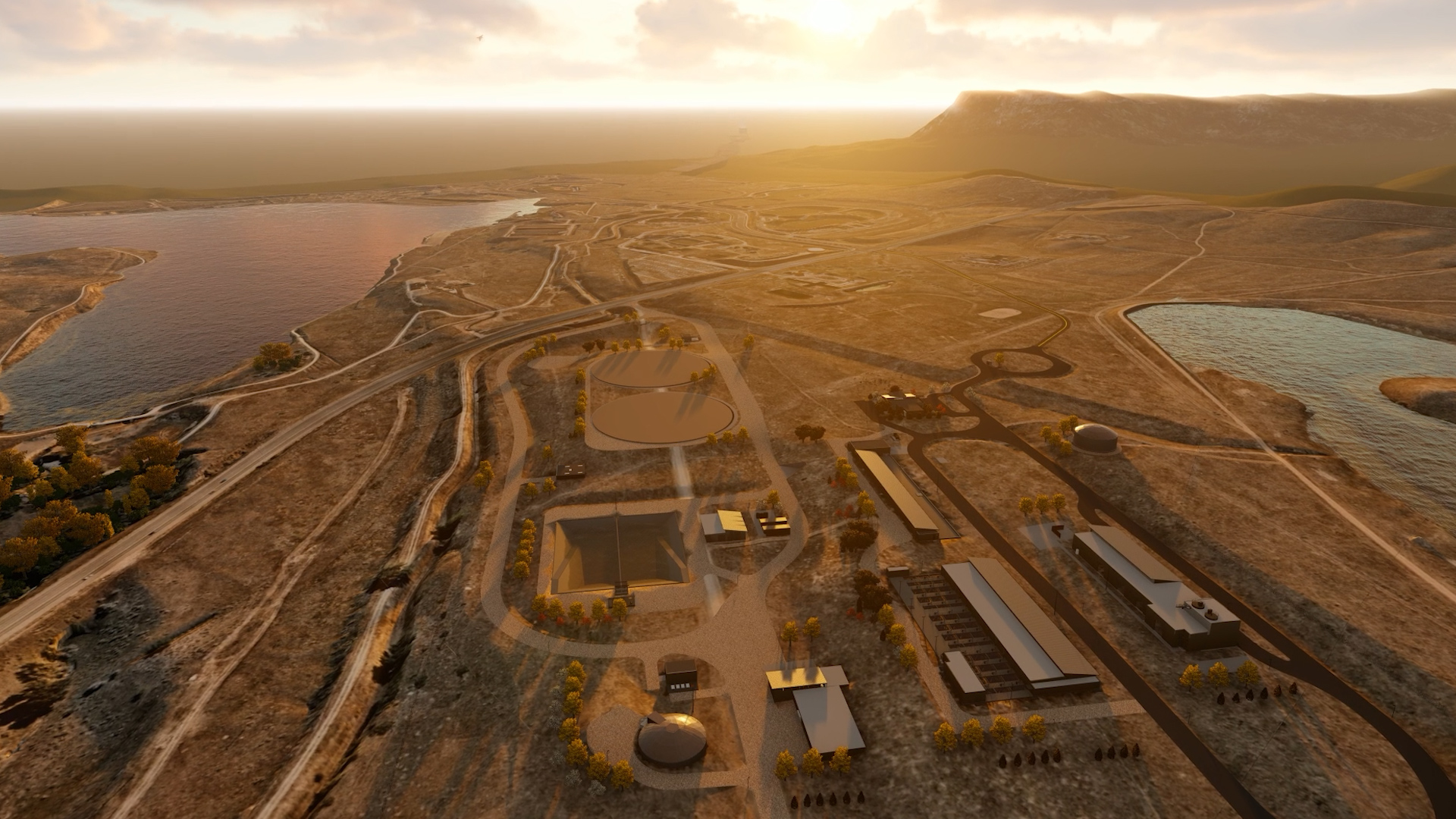
Major Projects Underway Benefit 1.4 Million People in the Denver Metro Area
Two big things are happening in suburban metro Denver that will have major impacts on the future of water quality for Denver Water customers.
Denver Water recently launched a $12 million upgrade to its Foothills Treatment Plant near Roxborough, and construction is underway on a $600 million North System Renewal Project, which includes a state-of-the-art treatment facility and a new water pipeline.
“These are critical projects for the 1.4 million people we serve,” said Nicole Poncelet-Johnson, director of water quality and treatment at Denver Water. “We’re investing in Foothills, our largest water treatment plant, and looking to the future by building the new Northwater plant.”
$12 million Foothills upgrade
Foothills opened in 1983 and is Denver Water’s largest water treatment plant. Foothills takes water gathered from mountain streams and treats it to meet drinking water standards. The plant can produce up to 280 million gallons of water per day.
“Treatment plants are like cars; they need tuneups to keep them running smoothly,” said David Swedensky, Foothills Treatment Plant manager at Denver Water.
The work at Foothills includes upgrading the plant’s electrical distribution systems, replacing 48 large valves used to control the flow of water and overhauling the hydropower generator installed in the mid-1980s.
The new electrical systems will improve efficiency, feature modern technology, increase reliability and provide important safety features for workers.
North System Renewal’s new plant
Nearly 40 miles north of Foothills, crews are busy installing a new 8.5-mile water pipeline that will connect to the new Northwater Treatment Plant. The plant, expected to be complete in 2024, is being built next to Ralston Reservoir near Highway 93, and is a major part of Denver Water’s five-year, $1.3 billion capital improvement plan.
Crews started work at the site of the new treatment plant in September.
When finished, the new plant will be able to produce up to 75 million gallons of water per day. It also can be expanded in the future if needed to treat up to 150 million gallons per day.
“This state-of-the-art facility will have modern filtration and disinfection technology,” Poncelet- Johnson said.
The new plant’s technology will include ultraviolet light for primary disinfection to kill or inactivate bacteria, viruses and other potentially harmful organisms.
Facing future water challenges of tomorrow
All of Denver Water’s drinking water treatment plants produce water that meets current state and federal regulations. Upgrades, however, will be needed to meet anticipated future regulations.
Poncelet-Johnson said more robust treatment processes will also be needed to handle expected changes to water quality in mountain streams.
“Our water comes from high elevations, so as more people move into mountain communities, we’re expecting to see more human impacts on the watershed,” she said.
Warmer weather could also lead to more catastrophic wildfires, which can affect water quality.
The loss of vegetation from large fires increases the risk of flash flooding, resulting in more sediment flowing into mountain streams and eventually into Denver Water’s treatment plants. Large, intense fires also can change soil chemistry, making it more difficult to remove the sediment from treatment facilities.
“As the water provider of a major metropolitan area, we have to prepare for these scenarios,” Poncelet-Johnson said. “The new plant will set us up to handle the water treatment challenges of tomorrow.”
Stay informed about this and other water infrastructure projects on denverwaterTAP.org.
This article was written by Jay Adams from Denver Water.
